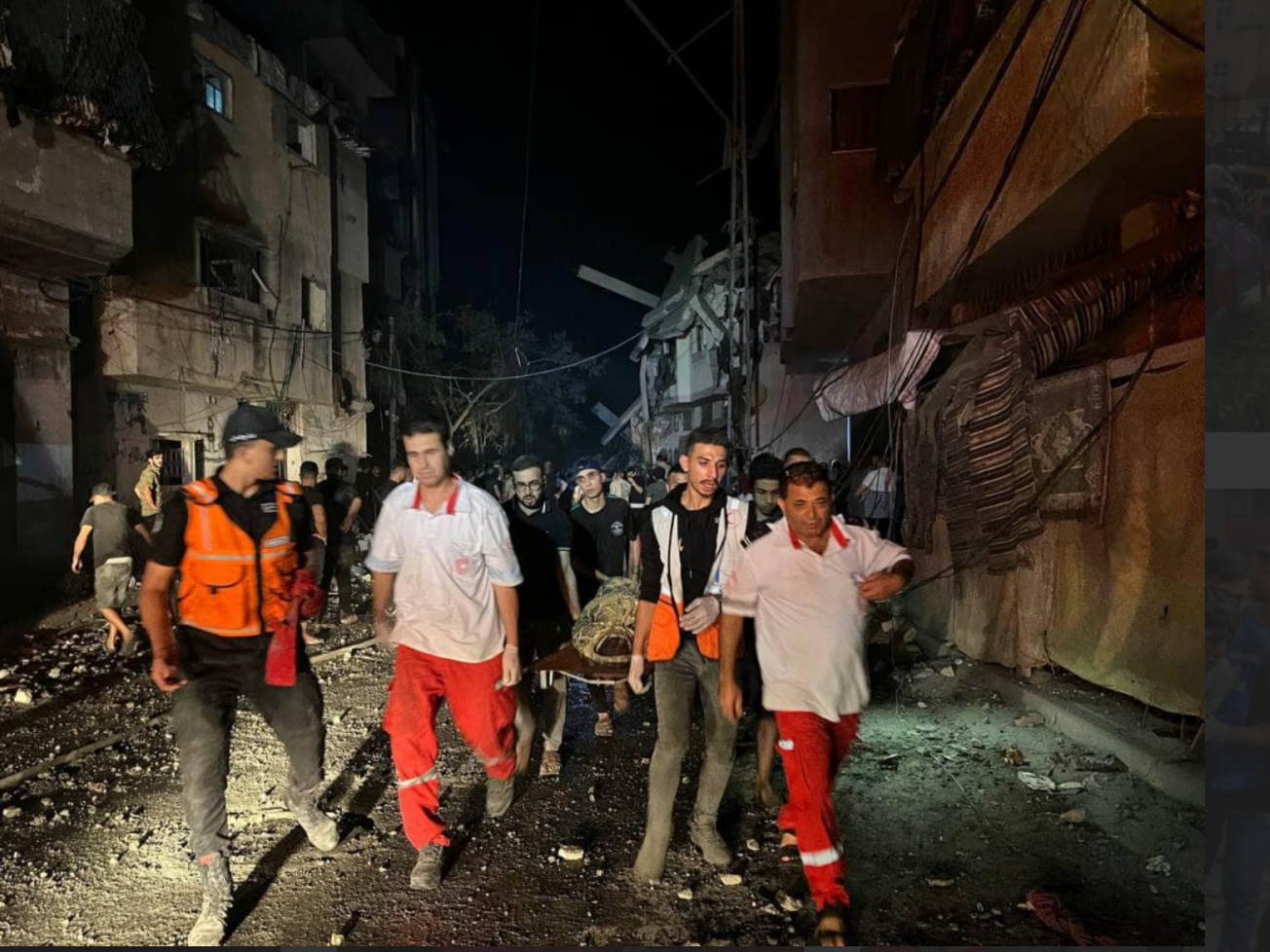Israel must stop killing civilians in Gaza as it retaliates for the heinous attacks and hostage-taking by Hamas militants, the U.N. human rights chief said.
Volker Türk, head of the U.N.'s Office of the High Commissioner for Human Rights, said on Friday that U.N. officials are monitoring the high numbers of fatalities across Gaza.









